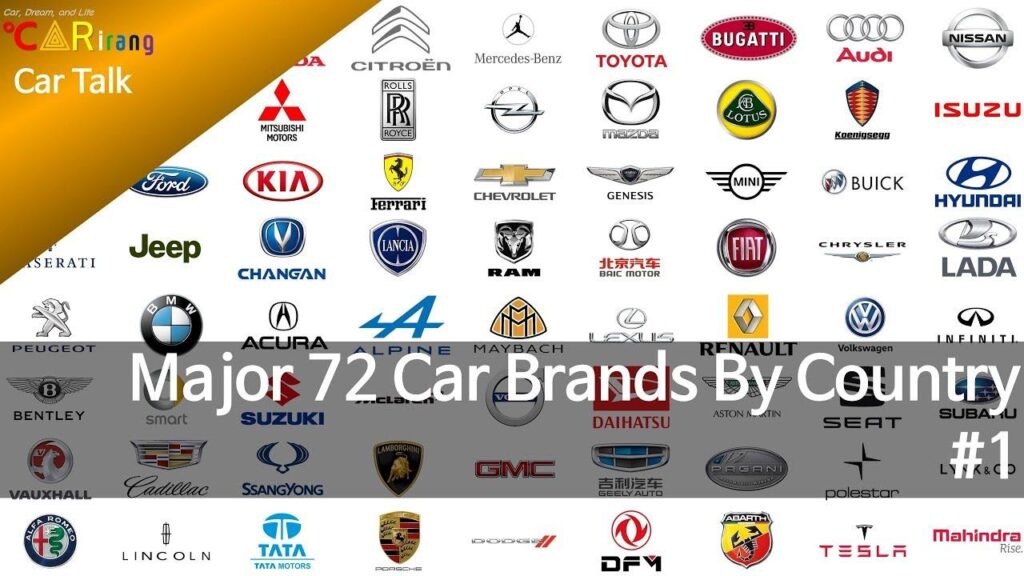In the high-stakes arena of global automotive manufacturing, German engineering titans Mercedes and Porsche find themselves caught in the crosshairs of international trade tensions. As Donald Trump’s controversial auto tariffs cast a long shadow over transatlantic commerce, these iconic brands are experiencing the reverberating impact of protectionist policies that threaten to disrupt their carefully calibrated American market strategies. Like precision-engineered machines suddenly encountering unexpected turbulence, these automotive powerhouses must now navigate a complex landscape of economic uncertainty and geopolitical brinkmanship. In the high-stakes arena of international automotive trade,German luxury carmakers are bracing for potential economic turbulence triggered by potential U.S. tariff threats. Mercedes-Benz and Porsche, emblematic symbols of German engineering prowess, find themselves navigating treacherous geopolitical waters as protectionist policies loom large.The specter of increased import duties casts a long shadow over proud manufacturers who have meticulously cultivated their reputation for precision and performance in the American market. These brands, which have historically enjoyed ample consumer loyalty and robust sales volumes across U.S. territories, now confront unprecedented challenges.
Economic analysts suggest that proposed tariffs could dramatically reshape competitive dynamics. A potential 25% levy on imported vehicles would substantially inflate pricing structures, perhaps rendering German automobiles less attractive to price-sensitive American consumers. The ripple effects could extend beyond immediate sales figures,potentially disrupting intricate global supply chains and manufacturing strategies.
Mercedes-Benz, with its sprawling manufacturing footprint in Alabama and extensive dealership networks, might find itself strategically recalibrating production models. Similarly, Porsche—renowned for its precision-engineered sports cars—could witness substantial market repositioning if punitive trade measures materialize.
The automotive landscape has historically been a complex chessboard of diplomatic and economic negotiations.German manufacturers have long recognized that success in the American market demands more than superior engineering—it requires nuanced understanding of political and economic landscapes.
Market experts predict potential counterstrategies might include localizing production,accelerating electric vehicle investments,or exploring choice market expansions. These luxury brands aren’t merely passive recipients of geopolitical winds but adaptive entities capable of elegant strategic recalibration.
The potential tariff environment underscores broader tensions in international trade relationships. What emerges is not just an automotive industry challenge but a microcosm of complex global economic interactions where national interests, technological innovation, and market dynamics intersect.
For Mercedes and Porsche, this represents more than a financial challenge—it’s a test of their legendary adaptability. Their response will likely involve a delicate balance between maintaining brand prestige, protecting market share, and navigating increasingly unpredictable trade environments.
As negotiations continue and political landscapes evolve,these iconic German manufacturers remain poised—watching,analyzing,and preparing to transform potential challenges into strategic opportunities. The automotive world watches with bated breath, anticipating the next move in this high-stakes global economic chess match.


